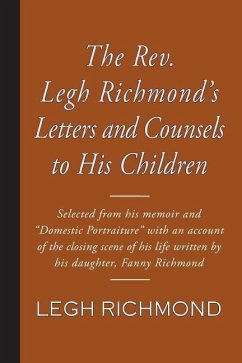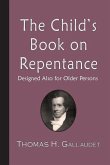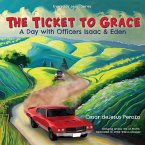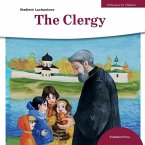Legh Richmond imparts wisdom to his children through letters which include lists of good behavior, topical studies and poems. Amidst the swirl of life with twelve children he pleas for closer relationships and hearts that love God. Occasions like birthdays, marriages, ministry, sickness, and death, add gravity to his sentiments. While his counsel is wisdom for children, his loving caring attitude is a good example for parents. The letter from his daughter Fanny recounts Rev. Richmond's last days. It reveals a father who left letters in their rooms as the preferred method of communication. Fanny states that he was a sensitive person who had an excellent perception of the beauty of the outdoors. She closed her letter with her hope for his legacy because "the seed of the righteous is not forsaken."








